The arterial AJC Bose road in Kolkata, formerly known as the Lower Circular Road, cuts across some of the busiest junctures of the city, namely Park Street crossing, Victoria Memorial Crossing and Chowringhee Crossing. It also has one of Kolkata’s most famous addresses, 54A, AJC Bose Road, popularly known as the Mother House, the headquarters of Missionaries of Charity. The walk to the gate of Mother House, a grey structure that can be easily mistaken for an office block, is strewn with Kolkata cliches. Narrow bylanes, hand-pulled rickshaws and buildings in various stages of disrepair.
This, many Kolkatans would agree, is a road to the city’s unpleasant truths. It houses a legacy that many Kolkatans aren’t comfortable with.
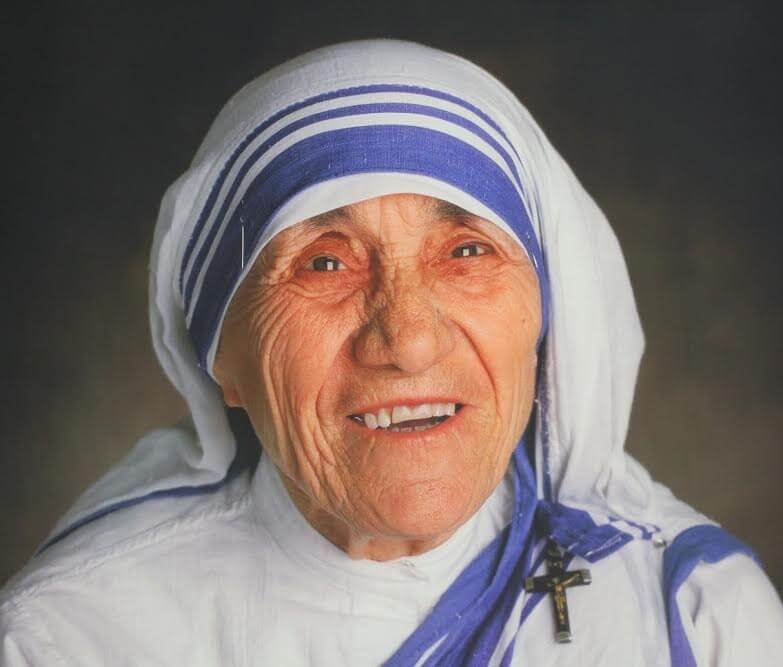
“I grew up in the city when Mother Teresa was still alive. I went to a Catholic school. Mother Teresa was almost deified by the Western media then. All dignitaries, be it the President of USA or Princess Diana, would make a customary visit to the Mother House to be photographed with Mother Teresa.”
“As a kid, I saw her as a selfless person. But now I realise that the glorification of poverty that she indulged in was wrong. It was self-sustaining for projecting her image,” Mahadyuti Adhikary, deputy magistrate of Birbhum, says.
In 1997, when Mother Teresa succumbed to failing health in her chamber in this very building, Missionaries of Charity had over 4,000 sisters, and an associated brotherhood of 300 members, operating 610 missions in 123 countries. In Kolkata, she had established institutions like hospice Prem Dan, and children’s shelter Nirmala Shishu Bhavan.
Kolkata, as a cosmopolitan city, has in a lot of ways contributed to the largesse of the Mother, as she was known in the city. Her first shelter, Nirmal Hriday, was established in a Hindu religious institution. Mother Teresa herself stressed on the contribution of her Hindu and Muslim brothers in the creation of the Missionaries of Charity.
“She did no harm and built institutions to take care of the underprivileged when our own state government didn’t do much for the abandoned poor. The city and its people too contributed to a large extent to her cause,” Devdan Chaudhuri, a Kolkata-based novelist, says.
Yet, there is a strong feeling of betrayal in many Kolkatans who feel that Mother Teresa, and the “industry of poverty that is Missionaries of Charity”, did a disservice to the people of the city.
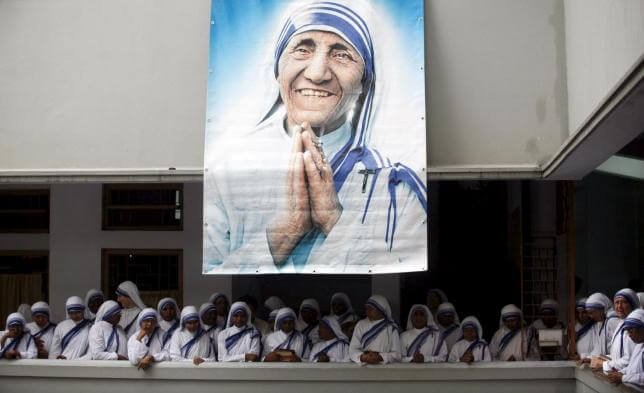
“Kolkatans are painfully aware that Teresa drove a bullet through the city’s soul. People from all over the world avoid Calcutta actively in order to avoid catching leprosy. She has and is driving away millions in business and tourism from the city. Kolkatans calling Teresa a saint is almost like Jews hailing Hitler,” London-based physician, Aroup Chatterjee, says.
He has recently released a book on her titled ‘Mother Teresa—The Untold Story’.
Chatterjee’s book wouldn’t be the first such critique of the nun. In 1994, Anglo-American social critic and journalist Christopher Hitchens questioned whether Mother Teresa of Calcutta deserved the saintly image she enjoyed. The result was the scathing essay ‘The Missionary Position: Mother Teresa in Theory and Practice’.
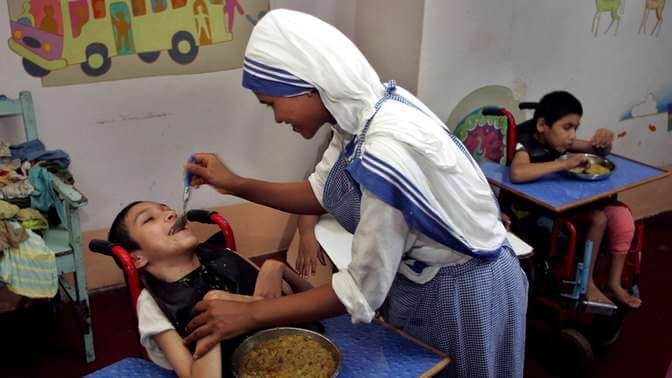
“Mother Teresa thought suffering was admirable and noble and a virtue. But when she was not keeping well, she got herself the best and most expensive and nursing care. For her residents it was re-used needles, no beds (stretchers to lie on), no proper toilets etc,” Chatterjee says.
Miami-based Hemley Gonzalez, who runs a charitable trust in Kolkata, volunteered with Missionaries of Charity for two months in 2008. As a volunteer, he says he was “shocked to discover the horrifically negligent manner in which this charity operates and the direct contradiction of the public’s general understanding of their work”.
“Workers wash needles under tap water and then reuse them. Medicine and other vital items are stored for months on end, expiring and still applied sporadically to patients. Volunteers with little or no training carry out dangerous work on patients with highly contagious cases of tuberculosis and other life threatening illnesses,” Gonzalez said over email.
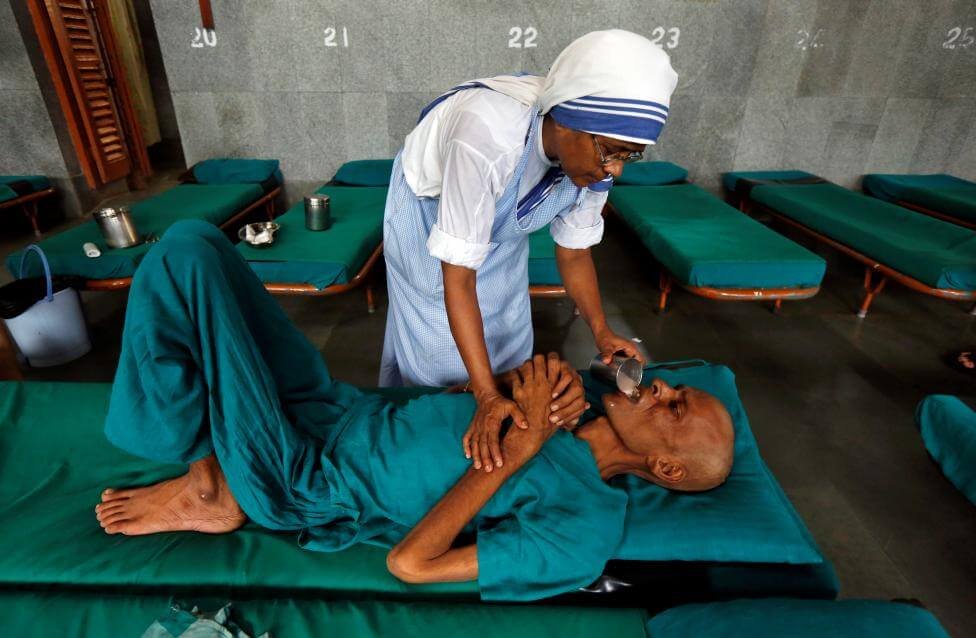
The fact that the Missionaries of Charity is very guarded about its functioning and distribution of funds has also raised many an eyebrow.
In over 67 years, Missionaries of Charity has not openly declared the total amount of funds they’ve collected in donations, what percentage they use for administration and where the rest has been applied and how. Conservative estimates have placed the number upwards of 1 billion dollars.
“The mission currently operates over 700 homes and maintains an average of 4,000+ workers while consistently failing to provide statistics on the efficacy of their work,” Gonzalez says.
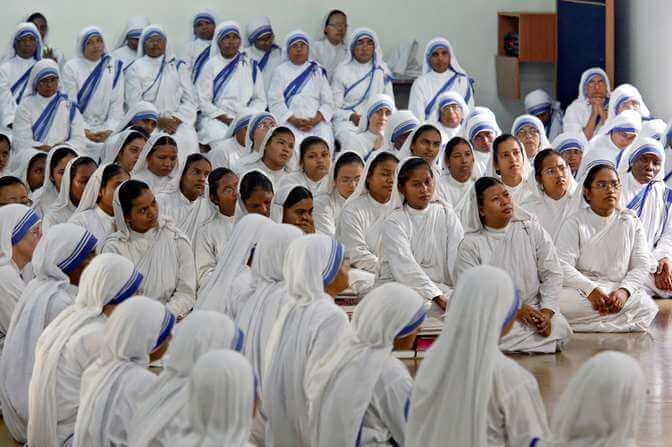
Chatterjee feels that the organisation should show some amount of transparency.
“They still do not publish their accounts.We do not know where the money is coming from and where it is being spent,” he says.
But Sunita Kumar, spokesperson of Missionaries of Charity and a close confidant of Mother Teresa for many years claimed that the organisation doesn’t have anything to hide.
“You can walk into any of the organisation run by them and see how it functions,” she says.
(Feature image source: AFP)

















